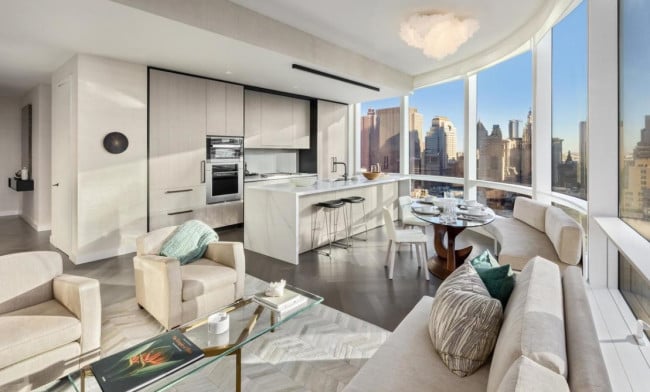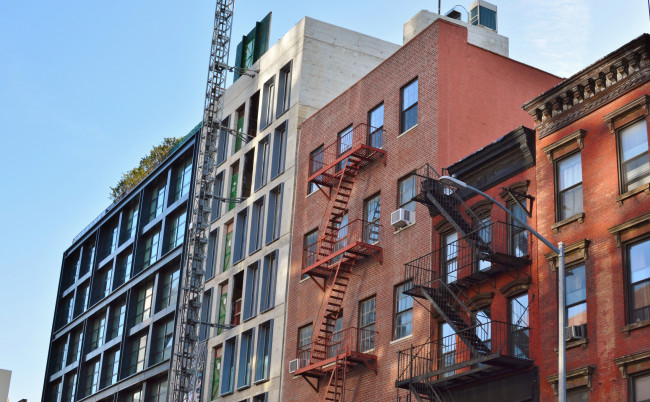How do you calculate a cap rate, and why are capitalization rates so low in NYC?

Douglas Wagner, an agent with BOND New York, describes profit margins for property investors in NYC at “subsistence levels.”
iStock
If you are thinking of investing in New York City real estate, you need to understand cap rates, or capitalization rates, to calculate the rate of return on your investment.
To figure out a cap rate, you take a building's net operating income and divide it by what you would pay for the property. Brace yourself, though because cap rates are consistently low in NYC, at around 2 or 3 percent. This is because apartments in New York City are notoriously expensive, and you're likely to need financing to buy—which will eat into your profit margin. Then there are taxes to consider.
“Once less experienced investors recognize that 39 percent of a building's revenue is paid to the city for taxes and another 35 percent often pays for the debt service, it's easy to see how running a very tight ship is the only way to realize a gain,” says Douglas Wagner, an agent with BOND New York.
Wagner describes profit margins for property investors in NYC at “subsistence levels,” in many cases with investors only realizing a profit when they sell.
Likewise, Mark Chin, CEO of Keller Williams Tribeca, has told Brick Underground that he regularly finds himself educating “dismayed” buyers not to be afraid of low cap rates. “The total return is going to be higher because you [will] sell for a figure higher than you paid and you are parking your money in a stable, blue-chip asset,” he says.
The forces at play are complicated and will depend on whether you are renting out a single condo or a multi-family building. In fact, changes to the rent laws, aimed at protecting the city’s rent-stabilized inventory, are affecting cap rates because landlords of buildings with rent-stabilized apartments can no longer hike rents when a tenant moves out or when the place is renovated. The result: The price of multi-family buildings has fallen.
“There is less investor competition and there are more owners hoping to offload these types of properties from their portfolio, so a surplus of supply and lack of demand has lowered prices overall, increasing the cap rate,” says Elizabeth Kohen, broker and owner of Garfield Realty.
Pierre Debbas, managing partner at the law firm Romer Debbas, says what we are seeing is "money leaving the state" and investors lowering their bids on multi-family buildings to increase their cap rate. "If anyone is going to buy a property in this climate, there has to be a reward for assuming the risk and that reward is a much higher cap rate than traditionally we have seen," he says.
In addition, some building owners are holding rent-controlled or rent-stabilized vacancies back from the market as they consider ways to deregulate them (and therefore increase rents), and this is tightening the supply of market-rate apartments. The result, according to Wagner is that market-rate apartments will see “value growth in years to come, while regulated units will just hold their value or possibly deteriorate.”
Market forces and uncertainty mean landlords still have the upper hand in NYC and Kohen reckons cap rates of up to 5 percent are possible in well-located, free-market properties in the outer boroughs. She attributes this to fewer international buyers, lower sales prices and consistently high rental prices, although she points out there are other important metrics to consider when you are sizing up an investment property.
“A cap rate of 5 percent or more is considered a good value, but price-per-square-foot and trends in appreciation rates are also important,” she says.





























